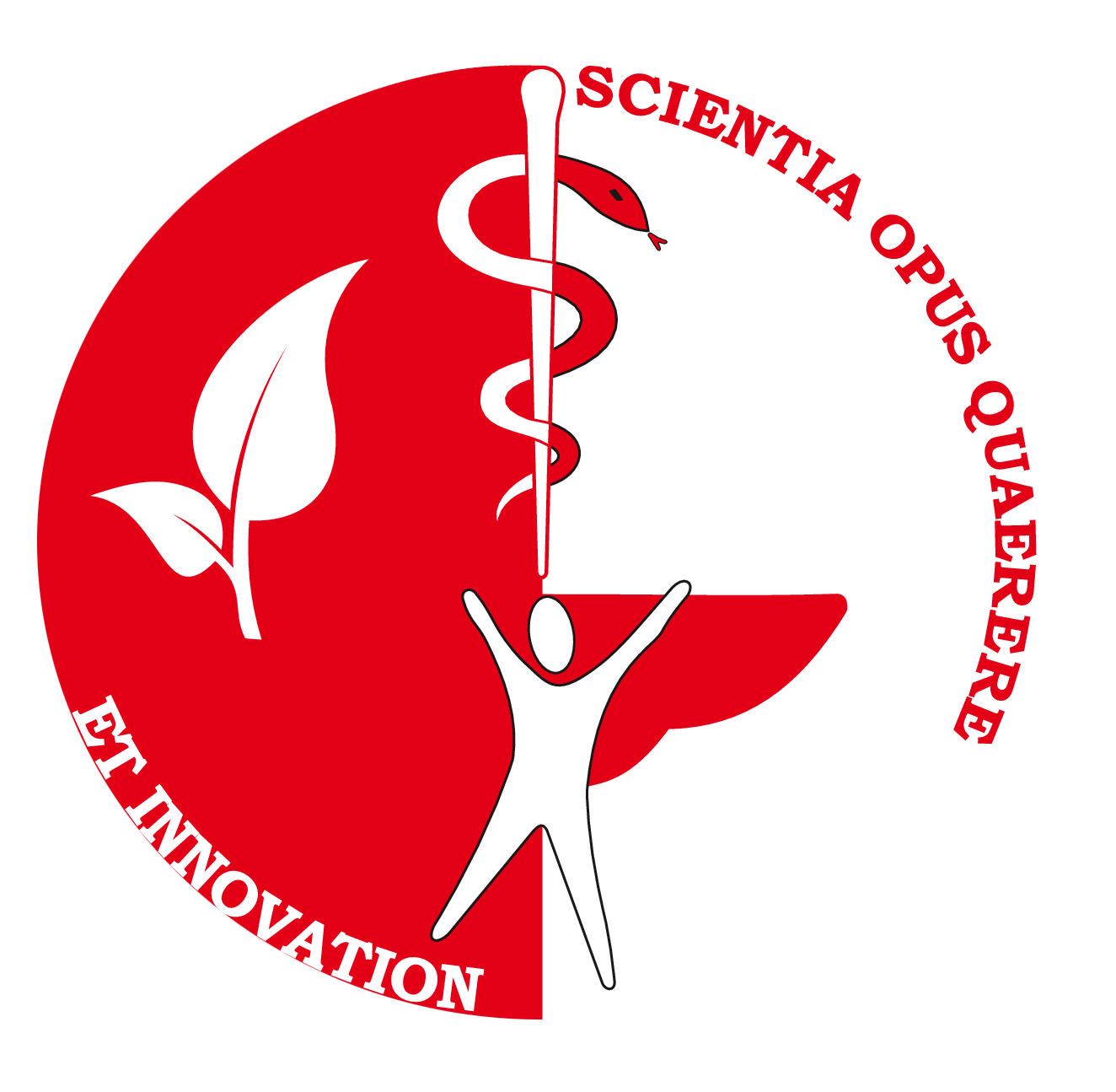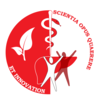Therapeutic plasmapheresis is a method of extracorporeal hemocorrection based on the replacement of the patient’s blood plasma with components, blood products and (or) blood substitutes.
The mechanism of the therapeutic action of plasmapheresis (PA):
- The method is based on the universal capabilities of PA, which make it possible to effectively remove all substrates present in the plasma, regardless of their degree of hydrophilicity, molecular weight, and the presence and magnitude of an electric charge. Such a powerful systemic effect on homeostasis can significantly reduce the severity of the so-called syndrome of endogenous intoxication and provide "prosthetics" of the functions of vital organs and systems.
-
The result of preliminary hemodilution, exfusion of part of the whole blood, contact interactions with blood-conducting materials, deplasmation and subsequent reinfusion of cellular elements, the introduction of blood substitutes and stabilizers of the aggregate state of the blood are numerous corrective and normalizing effects on:
- microcirculation status,
- quantitative composition and degree of activity of immunocompetent cells,
- elimination of the blockade of the macrophage system,
- release of formed elements from products adsorbed on their surface,
- the condition of the complement system,
- the ratio of pro- and antioxidants, hormonal, lipid spectrum, etc.
- The most important component of the mechanism of therapeutic action of PA is a powerful stimulation of the interchange of water sectors of the body, naturally leading to a redistribution of the content of various substrates in organs and tissues.
Effects of therapeutic plasmapheresis:
- Detoxification: elimination of pathogenetically significant substances, “unblocking” of biological systems of natural detoxification
- Rheocorrection: decrease in blood viscosity, increase in the plasticity of blood cells, decrease in their number and decrease in aggregation.
- Immunocorrection: elimination of Ag, Ab, CEC, stimulation of phagocytic activity of leukocytes
Indications for PA
- Gestosis
- Chronic inflammatory diseases of the uterus and appendages (+ultraviolet irradiation of blood)
- Menopausal s-m
- Premenstrual s-m
- Refractory pregnancy loss
- As part of the in vitro fertilisation program
- Cholestatic hepatosis of pregnancy
- Rh-conflict of pregnant women
- Paraproteinemic hemoblastoses
- Porfiria
- APS
- Thrombophilia
- Donor and recipient incompatibility in terms of ABO before bone marrow allotransplantation
- Acute intravascular hemolysis
- S-m ischemia - reperfusion
- Transplantology
- C-we long (positional) compression
- SPON
- pancreatitis, incl. destructive
- Burn disease
- In the pre- and postoperative period, in presence of radiation and chemotherapy
- Fibrosing alveolitis
- Sarcoidosis of the respiratory system
- bronchial asthma
- Familial hypercholesterolemia
- Ischemic heart disease
- Dyslipidemia
- Acute lupus nephritis
- Systemic vasculitis with kidney damage
- Microscopic polyarteritis
- CIDP
- Multiple sclerosis
- myasthenia gravis
- St. Gienna-Bare
- Hepato-cerebral dystrophy
- Acute and chroical alcohol intoxication
- Opiate addiction
- Hay fever, allergic rhinosinusopathy
- Shegren sydrom
- Acute and subacute sensory hearing loss
- Thyroid diseases
- Diabetes mellitus, diabetic foot, metabolic syndrome
- Rheumatoid arthritis
- Systemic lupus erythematosus
- Shegren sydrom
- Systemic vasculitis
- APS
- Collagen diseases
- Psoriasis
- Atopic dermatitis
- Chr. and solar urticaria
- Pemphigus
- Duhring's dermatitis herpetiformis
- . epidermal necrolysis
- Focal scleroderma
- Dermatomyositis
- ARDS
- Multiple Organ Dysfunction Syndrome
- Disseminated intravascular coagulation
- Quincke's edema
PA options:
- Donor
- Therapeutic:
- Continuous (machine):
- flow-centrifuge
- membrane filtration
- Intermittent (discrete, fractional):
- centrifuge
- membrane
- Intermittent (discrete, fractional):
- Low volume (30% VCP)
- Medium volume (30-50 %)
- Large volume (50-100 %)
- Plasma exchange (over 100%)
- Continuous (machine):
An absolute contraindication to PA is the terminal state of the patient.
Relative contraindications include:
- surgical bleeding;
- the presence of potential sources of bleeding (ulcers, erosion, tumors of the digestive tract, lung damage);
- the presence of a source of purulent infection requiring surgical sanitation;
- multifocal atherosclerosis with damage to four arterial pools (arteries of the brain, heart, visceral, lower extremities);
- high degree myopathy (more than 6 D);
- menses;
- hypoproteinemia (less than 60 g/l)
- age (over 75-80)
Clinical and laboratory monitoring
- Before starting PA:
- General blood analyses
- Biochemical blood analyses (including total protein, albumin, globulins)
- Coagulogram
- Tests characterizing a specific disease
- During PA:
- Monitoring of vital functions
- After PA:
- Determined individually
If you have any questions or want to book an appointment with a medical specialist, please call:
+375 29 33-11-969
+375 29 699-11-03
+375 17 371-00-22
+375 17 371-00-26
Contact us via email: platnoyslygi@mail.ru




